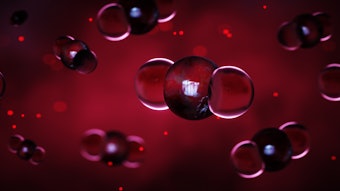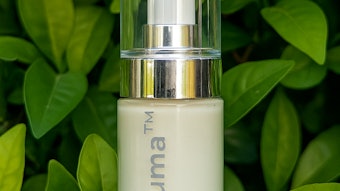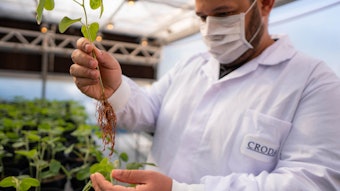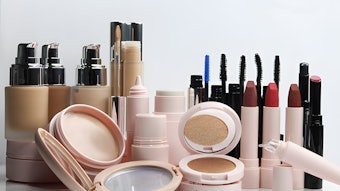Nature and Technology
Two common misconceptions by consumers surrounding the efficacy of natural products in general are: They are safer than synthetics, and they are less efficacious. These perceptions are often opposed by experts including dermatologists or cosmetic scientists; indeed, most dermatologists advocate for synthetic and inert products, which are less reactive on skin. Cosmetic scientists analyze these materials on a case-by-case basis, and suggest that a general rule for all does not exist.
A decade ago, vegetable extracts were often included in cosmetic formulations at low concentrations for marketing purposes. Efficacious concentrations were not used for fear of how such concentrations would affect the color, smell, solubility and stability of the formulation. Natural extracts were occasionally used but never alone. At that time it was too difficult and costly to test efficacy in vitro, much less to conduct clinical studies. DNA chips were not commonly used by cosmetic scientists, and tests were basic and useless for examining the original targets. Moreover, natural extracts were often tested at higher concentrations than those used in the final formulas.
Technological and natural products in cosmetics seem to have successfully evolved in parallel, both growing for different reasons according to customer perception. However, with advances in technology and science now available for developing and testing extracts, these parallel paths can be bridged. Naturally derived products can be efficacious and safe while maintaining their positive image for purity, sustainability and environmental responsibility.










